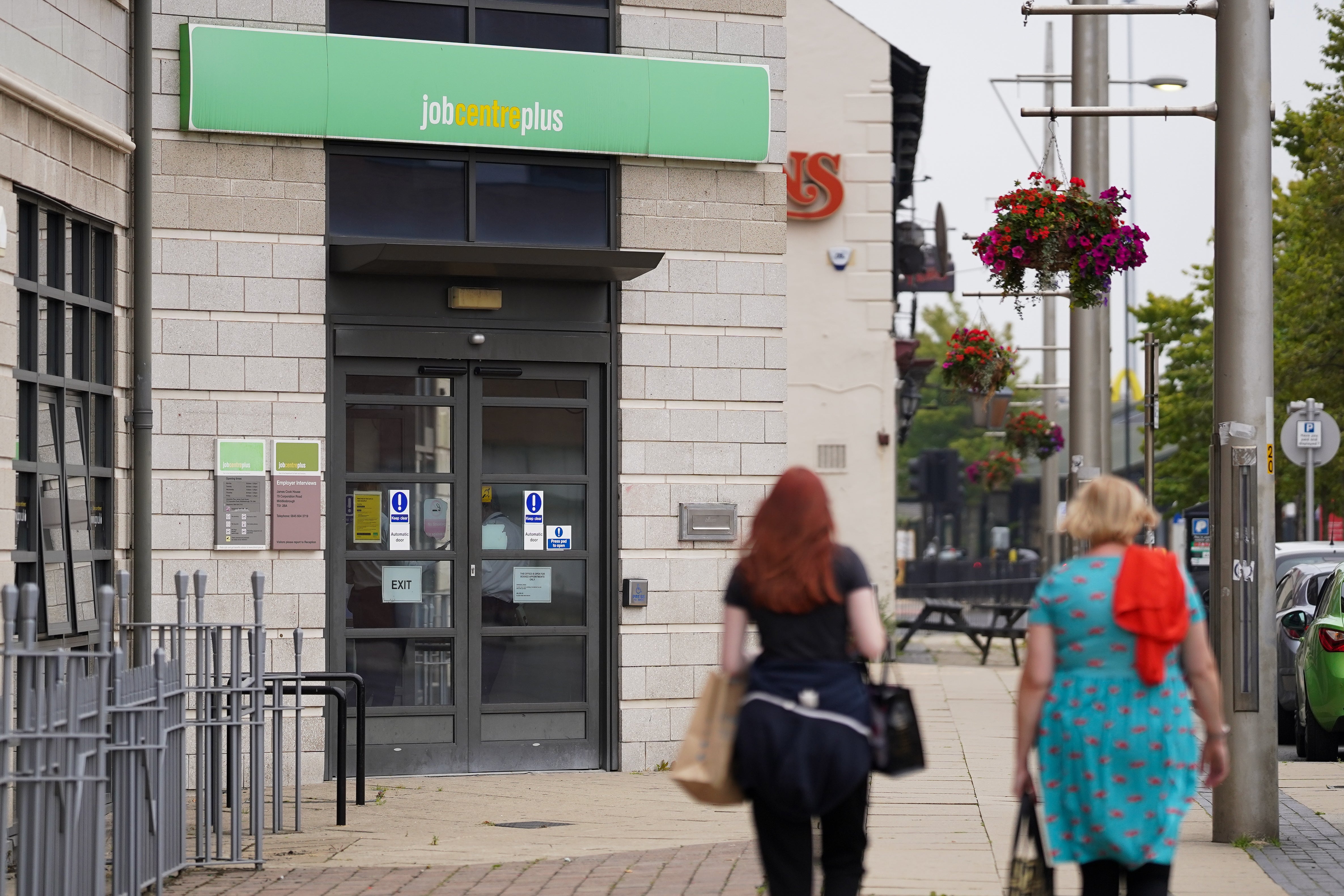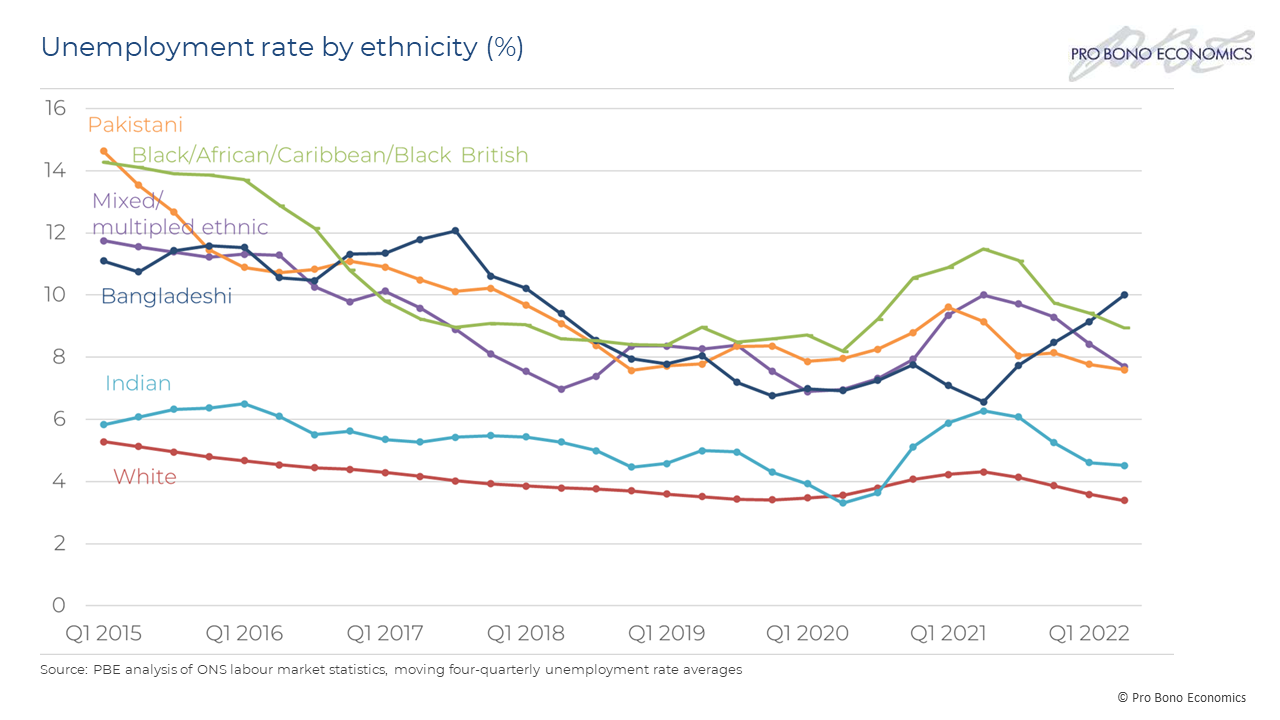Black and Asian unemployment rate higher than white joblessness, analysis shows
Exclusive: There is a high risk of worsening ethnic inequalities in the labour market, charity warns

Your support helps us to tell the story
From reproductive rights to climate change to Big Tech, The Independent is on the ground when the story is developing. Whether it's investigating the financials of Elon Musk's pro-Trump PAC or producing our latest documentary, 'The A Word', which shines a light on the American women fighting for reproductive rights, we know how important it is to parse out the facts from the messaging.
At such a critical moment in US history, we need reporters on the ground. Your donation allows us to keep sending journalists to speak to both sides of the story.
The Independent is trusted by Americans across the entire political spectrum. And unlike many other quality news outlets, we choose not to lock Americans out of our reporting and analysis with paywalls. We believe quality journalism should be available to everyone, paid for by those who can afford it.
Your support makes all the difference.The employment gap between ethnic minority and white communities in England has widened significantly since the start of the pandemic, new analysis indicates.
A study by Pro Bono Economics (PBE) calculated average unemployment data between 2020 to date, comparing them to statistics from before the pandemic in 2018 and 2019.
The average unemployment rate among white people stands at 3.7 per cent from the pandemic to date – down slightly from 3.8 per cent prior to the virus outbreak, the charity’s analysis concluded.
In contrast, the rate of joblessness within Black communities is 9.6 per cent, compared to 8.5 per cent before Covid.
This denotes a 1.1 percentage point rise in unemployment over three years compared with 0.1 among white people.
Similarly, the unemployment rate for those from Pakistani and Bangladeshi backgrounds stands at 7.9 per cent and 8.5 per cent respectively – compared with 8 per cent and 7.4 per cent between 2018 – 2019.
Jansev Jemal, research and policy director at PBE, said: “With the very real prospect of a recession looming, there is a high risk these ethnic inequalities in the labour market will worsen. Concerted action to address these inequalities requires sustained policy focus from government.
“Policymakers and businesses alike would benefit from engagement with the many charities that provide vital support to ethnic minority communities, and can support employers to reach those furthest from the labour market.”
The charity warned that the way unemployment data is collated risks masking “concerning inequalities in the labour market”.

While data from quarter to quarter provides a shorter time frame within which to see what’s going on, a longer one can provide a more reliable picture of overall trends, which is why the charity calculated the unemployment data based on averages.
Nearly a third of Black Londoners (31 per cent) and a quarter of Asian Londoners are financially struggling as the cost of living crisis bites, fresh data from City Hall revealed last week. This is compared with a 20 per cent national average of households who are struggling with money.
Some four in five Black households have less than £1,500 in savings, data from the Labour Party has highlighted, while Black, Bangladeshi and Pakistani households in the UK are up to four times more likely to suffer from food insecurity than the national average.
Job vacancies stand at 1.3 million and, at 3.7 per cent, according to ONS data, which is as high as it was in July-September of 1974 – almost 50 years ago.




Join our commenting forum
Join thought-provoking conversations, follow other Independent readers and see their replies
Comments